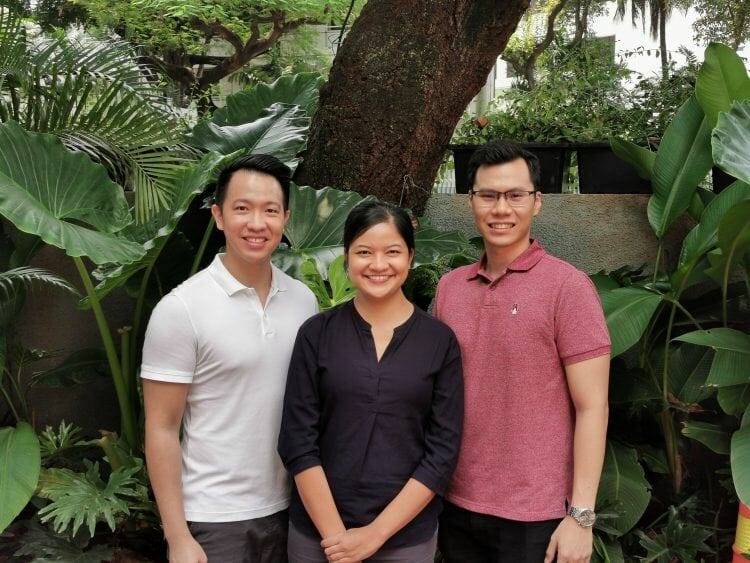Investors are catching on to the idea that biotechnology has a central role to play in solving the world’s mounting food security issues. But most of the capital being invested in ag biotechnology isn’t going into the most affected markets.
Indeed, of the $1.1 billion invested in ag biotechnology startups last year, most went to companies in Europe and North America, according to AgFunder’s Agri-Foodtech Funding Report 2019.
Nusantics hopes to shift that trend.
The Jakarta-based startup seeks “to fulfill consumer needs of a healthy yet sustainable lifestyle” through applied research into the human microbiome – that is, the ecosystem of bacteria, fungi, viruses and other microorganisms that live on, and in, everyone, and which is instrumental for human health and immunity.
Nusantics claims to be the first Indonesian startup to analyze microbiome profiles of individuals in the region. (Its name is a play on ‘Nusantara’, a local term for the Indo-Malay archipelago.)
It has just raised an undisclosed amount of funding in a seed round led by East Ventures, one of Southeast Asia’s most active venture capital firms.
Gut check
The microbiomic flora of the human gastrointestinal tract plays an important role in digestion and is being increasingly linked to the health and wellbeing of other parts of the body, too. Because gut flora can be affected by the types of food a person eats, one’s food habits could influence their susceptibility to and ability to manage a wide range of health conditions, including depression and Parkinson’s disease.
Nusantics’ co-founders Sharlini Eriza Putri, Vincent Kurniawan, and Revata Utama – with backgrounds in chemical engineering, mechanical engineering, and genomics science – set up the company last year with the objective of developing more sustainable, individually targeted health and wellbeing products for Indonesians. The trio and their team “aspire to be on the frontline of… enabling [a] bio-based future by delivering innovation in value-added lifestyle products such as skincare, personal care, food, and beverage.”
“Advancement in deep tech has enabled us to realize that all lives on earth are interdependent on the microbiome. They are a crucial factor behind a healthy ecosystem, yet are also a very critical factor behind global pandemics,” said Sharlini, Nusantics’ CEO. “[We] believe that understanding their genome is utterly important, and this will be the key to a sustainable future for this Earth.”
In particular, the worldwide onset of Covid-19 has underlined how important personalized food, medicine, and cosmetics could be in the future, Sharlini added.
A bio-based future
Nusantics’ market entry point is applying its microbiome expertise to the skincare industry. Spokesperson Ike Yuningsih said that there are plans to expand the company’s microbiome profiling to nutrition as well, at a later date.
“We have envisioned a pipeline of possibilities, but for now we will be focusing on the present in order to add value to the market,” she told AFN.
And while Nusantics isn’t based in a prominent biotech market, the fact that it has secured venture backing is a positive datapoint for the country’s broader “deep tech” ambitions, like applying tech to transform the agriculture and food manufacturing sectors, on which more than 40% of Indonesians’ livelihoods depend.
“We are excited about how Indonesia is partaking in the interest in [biotech], and we hope to see contributions to our nation’s sustainability continue to grow,” Yuningsih adds.
Other microbiome startups working on personalized nutrition and dietary management include Israel’s DayTwo, South Korea’s Genome & Company, and Viome and BCD [Better Carbohydrate Design] Bioscience in the US.
Got a news tip? Email me at [email protected]





